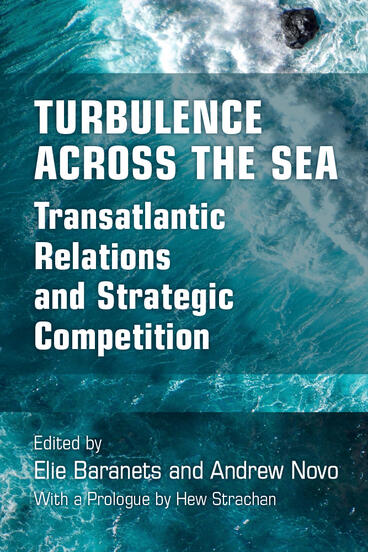Turbulence Across the Sea
Transatlantic Relations and Strategic Competition
How power struggles are shifting security on both sides of the Atlantic
Description
Great Power competition is back. On the two sides of the Atlantic, however, this concept often means different things. While the United States is focused on China, Europe is preoccupied with Russia. Yet shifting American priorities toward Asia requires reconceptualizing the future role of NATO. In Europe, this shift has led to serious thought about how to achieve strategic autonomy that will allow Europe to guarantee its own security regardless of strategic choices made in Washington. As Chinese strategy focuses on dividing European actors and making them more economically dependent on Beijing, these developments may undermine Washington’s influence in Europe while limiting potential European action against Chinese interests.
With a mix of research methodologies applied by scholars from both sides of the Atlantic, Turbulence Across the Sea offers a comprehensive analysis of relations among European and North American actors in the context of strategic competition among the United States, Europe, Russia, and China. In doing so, it demonstrates that a reaffirmation of transatlantic cooperation is necessary to maintain security in the face of aggressive moves by both Russia and China. By analyzing attitudes from the perspective of both the various actors (Britain, France, Germany, and the European Union) and various sectors (intelligence cooperation, foreign direct investments, technology, and the defense industry), this book provides readers with a comprehensive perspective on the challenges and opportunities in the shifting landscape of security in the twenty-first century.
Elie Baranets is a Research Fellow in International Security at the Institute for Strategic Research (IRSEM).
Andrew R. Novo is Professor of Strategic Studies at The National Defense University.

